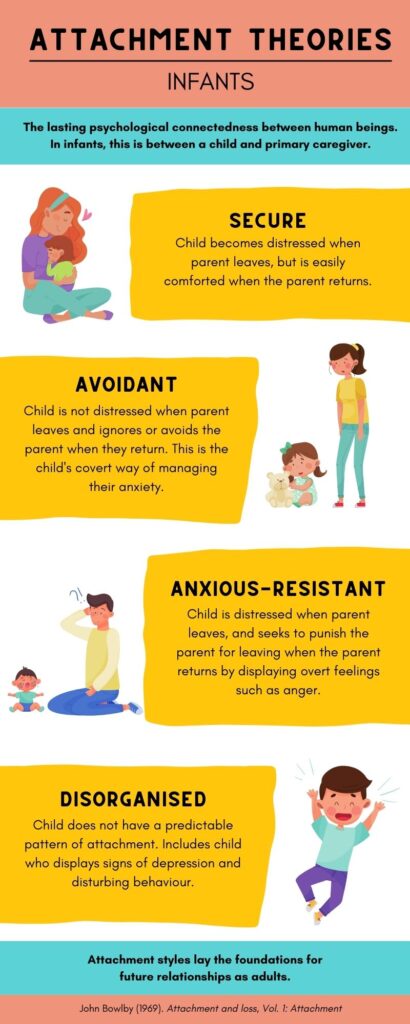
10 Reasons Couples Fall Out of Love

10 Reasons Couples Fall Out of Love
Couples can fall out to love for many reasons. It can be due to lack of communication, commitment, or even just growing apart over time. Whatever the reason may be, falling out of love is a common experience that many couples go through.
Here are 10 reasons why couples fall out of love and some steps you can take to reconnect with your partner:
1) Lack of Communication: One of the main reasons couples fall out of love is due to a lack of communication. As time goes by, couples may start to take each other for granted and stop communicating effectively. This can lead to misunderstandings, unresolved conflicts, and a loss of emotional connection.
Get Help to Improve Communication: Communication is not just about talking to each other, but also actively listening and understanding each other’s needs and feelings. It is important for couples to make time for regular, open and honest communication in order to maintain a strong and healthy relationship.
2) Not Making Each Other a Priority: In the hustle and bustle of everyday life, it’s easy for couples to prioritize work, children, or other responsibilities over their relationship. However, when partners stop making each other a priority, they can start to feel neglected and unimportant. This can lead to feelings of resentment and distance in the relationship.
Work on Prioritizing Each Other :Making time for each other is crucial in any relationship. It shows that both partners value and prioritize their love and connection above all else. Couples should regularly set aside quality time for each other, whether it’s a date night or simply spending time together at home.
3) Lack of Intimacy: Physical and emotional intimacy plays a significant role in maintaining a strong bond between couples. When there is a lack of physical affection, such as kissing, cuddling, or sex, partners can start to feel disconnected and unloved. This can lead to feelings of dissatisfaction and frustration in the relationship.
Get Help to Improve Intimacy: Intimacy is not just about physical touch, but also emotional connection. Expressing love and affection through small gestures, such as holding hands or saying “I love you,” can go a long way in keeping the spark alive in a relationship. It’s important for couples to communicate their needs and desires in terms of intimacy and work together to maintain a healthy balance.
4) Not Resolving Conflicts: No relationship is without its conflicts, but it’s how couples handle these conflicts that can make or break a relationship. Avoiding conflicts or sweeping issues under the rug can lead to unresolved resentment and tension. On the other hand, constantly fighting and not finding solutions can be equally damaging.
Get Help to Repair Conflict More Effectively: Communication is key in resolving conflicts. Couples should learn to listen to each other’s perspectives and try to find a middle ground. It’s also important to address issues as they arise instead of letting them build up over time. Seeking help from a therapist or counselor can be beneficial in learning healthy ways to resolve conflicts in a relationship.
5) Taking Each Other for Granted: In the early stages of a relationship, partners often go out of their way to show love and appreciation for each other. However, as time goes on, it’s easy to take each other for granted and stop putting in effort to make the other person feel loved.
Not Taking Each Other for Granted: It’s important for couples to continue making an effort to appreciate each other and show gratitude for the small things. This can include saying thank you, giving compliments, and doing small acts of kindness for each other. It’s these little gestures that can make a big difference in keeping the love alive in a long-term relationship. Additionally, regularly expressing gratitude and appreciation also helps to strengthen the emotional connection between partners.
6) Lack of Trust: Trust is an essential foundation in any relationship. Without trust, it’s difficult for a couple to feel secure and safe in their partnership.
Healing from Betrayal: Trust can be easily broken through lies, infidelity, or breaking promises. Rebuilding trust takes time and effort from both partners, but it’s crucial for the health and longevity of a relationship. Communication, honesty, and consistency are key in rebuilding trust and creating a strong sense of security in the relationship. It’s also important for partners to set boundaries and respect each other’s privacy, which can help prevent trust from being broken in the first place.
7) Growing Apart: As individuals grow and change over time, it’s common for couples to also grow apart. This can happen due to differences in personal goals, interests, values, or communication styles.
Prevent Growing Apart: To prevent growing apart, it’s important for couples to actively work on maintaining a strong connection. This can include regularly checking in with each other, making time for shared activities and hobbies, and openly communicating about any concerns or changes in the relationship. It’s also important for partners to continue growing individually while also supporting each other’s personal growth. This can help prevent feeling stagnant in the relationship and instead foster a sense of growth together. Overall, open communication and continuously investing in the relationship can help prevent growing apart.
8) Lack of Support: In any healthy relationship, partners should feel supported by each other through both good times and bad.
How to Be More Supportive: However, when one partner consistently fails to show support or is unsupportive in times of need, it can create a strain on the relationship. This lack of support can lead to feelings of resentment, loneliness, and even affect one’s self-esteem. It’s important for partners to actively listen and show empathy towards each other’s struggles and offer help and support when needed. By showing consistent support, couples can strengthen their bond and create a deeper sense of trust and understanding. Overall, support is a crucial aspect of a healthy relationship and should be continuously nurtured by both partners.
9) Financial Issues: Money can often be a source of conflict in relationships, especially if there are significant differences in financial habits or values.
Resolving Financial Issues:To avoid financial issues from causing strain in a relationship, it’s important for partners to have open and honest discussions about their financial goals, values, and habits. This can include creating a budget together, discussing individual spending habits, and finding ways to compromise and work towards common financial goals. It’s also important for couples to be transparent with each other about their financial situations and avoid hiding or lying about money matters. By openly communicating and working together, partners can prevent financial conflicts and maintain a healthy relationship.
10) Lack of Boundaries: In any relationship, it’s important for both partners to establish and respect boundaries. This can include personal space, privacy, and individual needs.
Respecting Boundaries: However, when one partner consistently crosses or ignores these boundaries without regard for the other’s feelings, it can create tension and strain in the relationship. It’s essential for both partners to communicate and set boundaries that are comfortable for them, while also respecting each other’s boundaries. This can help foster a healthy dynamic of mutual respect and understanding within the relationship. Additionally, setting boundaries can also help maintain a sense of individuality within the partnership and prevent codependency. Ultimately, having clear and respected boundaries can contribute to a stronger and more harmonious relationship.
In conclusion, while relationships can bring joy and fulfillment into our lives, they also require effort, communication, and compromise to maintain a healthy dynamic. By being aware of potential red flags and actively working towards addressing them, couples can prevent these common challenges from escalating and causing long-term damage to their relationship. Remember to always communicate openly, respect each other’s boundaries, and support each other through both the good times and the bad. With these efforts, couples can build a strong foundation for a lasting and fulfilling partnership.
It’s important to note that every relationship is unique, and what may work for one couple may not work for another. It’s essential to have open and honest communication with your partner about your needs, wants, and boundaries. Through this, you can establish a set of guidelines and expectations that work for both individuals in the relationship. Remember to also regularly reassess and adjust these guidelines as necessary to ensure they continue to support a healthy and fulfilling partnership.
Furthermore, seeking outside help from couples therapy or counseling can be beneficial for addressing any challenges that may arise within a relationship. A trained professional can provide unbiased guidance and support in navigating difficult issues and improving communication between partners.
Lastly, it’s important to prioritize self-care and maintain individual identities within a relationship. It’s easy to get caught up in the partnership and lose sight of your own needs and goals. Taking time for yourself, pursuing personal interests, and maintaining a healthy sense of self can ultimately benefit the relationship by creating a stronger and more fulfilled individual.
If you want to turn things around in your relatiponship and reconnect, reach out..
10 Signs Your Relationship is in Trouble – Checklist for Couples





